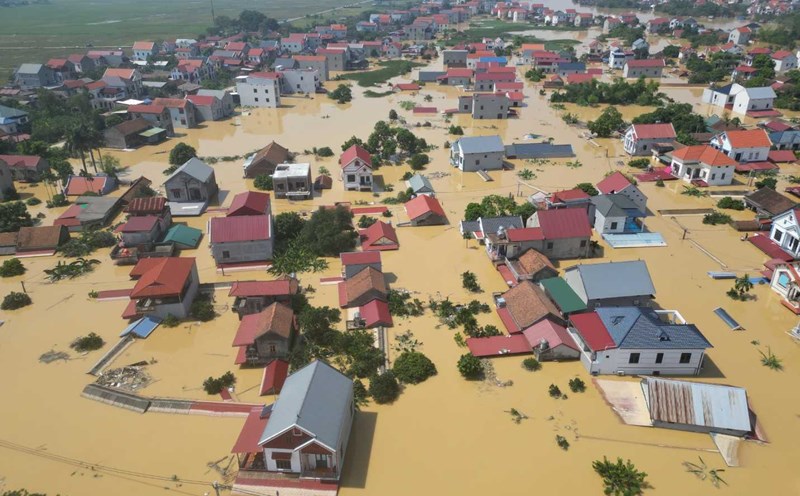President Macron's office issued a concise statement on the night of October 10 announcing the appointment of Lecornu, more than 30 days after Lecornu was first appointed and 4 days after Lecornu resigned.
In a social media announcement, Lecornu said he had accepted the position of prime minister out of "responsibility". He said he had been given the task of "doing everything to provide France with the budget by the end of this year and to address the daily needs of our people".
The reappointment of Prime Minister Lecornu comes after days of intense negotiations and less than a week after Lecornu resigned amid disagreements within the newly appointed government.
President Macron's appointment as a last chance to add strength to his second term, which runs until 2027.
With a lack of majority in the National Assembly to advance his agenda, Mr. Macron is facing growing criticism - including from within - and not much room for rotation.
Leaders of political parties met for more than two hours on October 10 with President Macron at the president's request before the decision to reappoint Lecornu was announced.
Over the past year, President Macron's consecutive minority governments have rapidly collapsed, leaving the European Union's second-largest economy in political paralysis amid France's debt crisis. At the end of the first quarter of 2025, France's public debt was at 3.346 trillion euros, equivalent to 114% of GDP.
The political stalemate in France stems from President Macron's shocking decision in June 2024 to dissolve the National Assembly. The early election has led to a suspended National Assembly, with no single bloc able to hold a majority of seats in the National Assembly.







